There were years when, like many others, I dreamed of crossing America coast to coast, riding the Greyhound bus. It was the thing to do – a rite of passage. For those who never made it, all is not lost: Joanna Pocock has done it for us. Twice.
In 2006, fending off depression after her third miscarriage and the death of her sister, Pocock took the Greyhound from Detroit to Los Angeles, “running away from loss”. Seventeen years later she has gone back, looking for the motels, diners, cities, suburbs and truck stops encountered on that first trip, and she is stunned by what she finds – stations closed or pared back, with nowhere to wash, rest or buy food. “Everything is stacked against you unless you have a car, a full tank of gas, an iPhone and a credit card linked to an array of apps.” She fears for the have-nots.
Greyhound is a road trip like no other, a personal memoir interwoven with history, anthropology and landscape. Looping between past and present, Pocock observes the microcosmic universe of the bus. There is a young woman softly reading the Bible aloud to her daughter; a woman crocheting a bedspread; a man arrested for carrying drugs. Other companions include stressed-out workers, crazies, charmers, bigots, conspiracy theorists and the homeless. Once, cigarettes and food were shared; now, smoking is banned and phones have replaced conversation. She senses increasing desperation.
Pocock gives us others who have rolled across the land: Simone de Beauvoir, Jack Kerouac, John Steinbeck – the pages are studded with illustrious names. Beauvoir rode the Greyhound in 1947 and her account of it in America Day by Day reads like a Who’s Who of postwar intellectual celebrities, among them Le Corbusier, Marcel Duchamp and Kurt Weil. A bartender asked how Sartre was getting on. Fast food and juke boxes were an amusing discovery – fame shed a rose-tinted light. At least Beauvoir took the bus; the male writers had their own wheels.
In The Air-Conditioned Nightmare Henry Miller made his feelings clear: “We recklessly plunder the Earth under the maniacal delusion that this insane activity represents progress.” Pocock homes in on that plundering. Irish-Canadian, she grew up in a tranquil American suburb. “No one told us that the fuel needed to prop up our lifestyles was destroying the Earth.” She doesn’t hate America; she loves the place. She is just appalled by what has been done to it in the name of progress. An environmentalist campaigner, she repeatedly celebrates the endangered beauty of the landscape and delights in the radiance of light and colour.
Pocock won a prize for her first book, Surrender, a loving study of Montana, where she and her husband spent two years – “the best place we had ever lived”. How different from what she discovers as she travels now: millions of gallons of waste oil dumped in rivers and canals; chemicals contaminating the land, causing disease and birth defects. Decrepitude co-existing with gentrification.
She name checks towns romanticized by old songs: St Louis, Tulsa, Amarillo, Albuquerque… then hits us with the contemporary reality. In Phoenix, “the hottest city in the US,” if skin touches the tarmac in summer it can result in third-degree burns; in winter it’s -5° C. It now has a bus kerbside pickup in a six-lane road with no access to water or shelter.
The relentless desire for progress and growth encompasses intensive cattle farming – calves force-fed growth hormones, surrounded by shit that’s rainbow-colored from chemicals; antibiotic-resistant fecal dust blowing in the wind. During one stretch, as the bus passed a cattle pen the length of a freight train, a mother called to her children: “Hey, look kids, that’s where they make the meat!”, the verb hideously capturing the action. On both trips Las Vegas attracts Pocock’s most caustic condemnation: “A human folly… an environmental catastrophe; the ecological devastation necessary for it to exist.” Occasionally she’s buoyed up by hope, meeting volunteers working in urban farming, planting trees and growing food outside the system, sometimes illegally.
In the years between the journeys Pocock herself changes. She has a teenage daughter; she calls her husband for a morale boost. And at fiftysomething she is sexually invisible. On her first trip she was propositioned, chatted up. In Albuquerque a conversation in a bar led to a long dinner. There was chemistry. Looking back, she admits: “In another life I most certainly would have said yes.” Instead, they met up for breakfast and he showed her Georgia O’Keefe’s Ghost Ranch.
Despite the apocalyptic passages, Greyhound is not a misrerabilist read. Pocock’s rage is infectious and energizing; her prose vivid. In unexpected places she finds kindness and generosity. There is both darkness and brilliance here: affection and laughter brighten the pages of this fierce, accusatory, tender and unforgettable book.











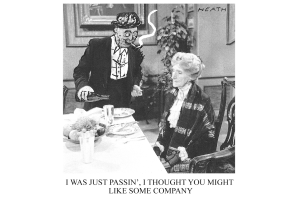

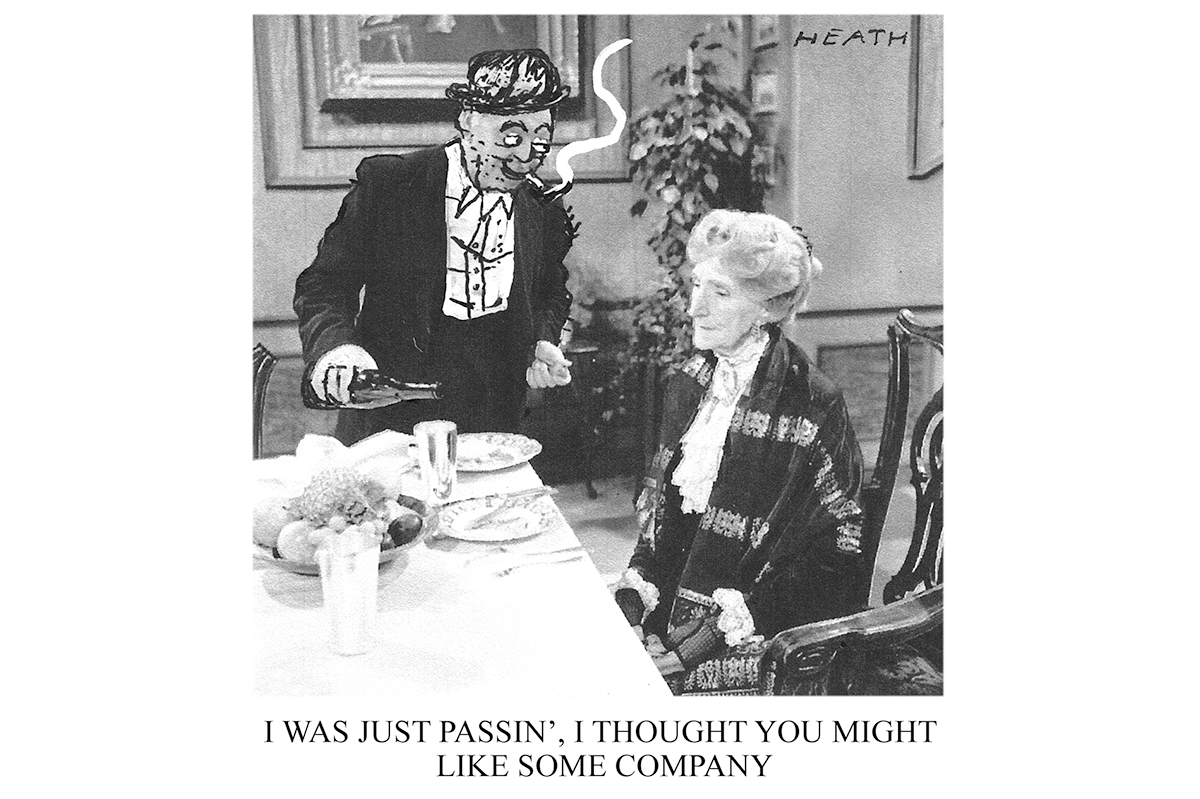
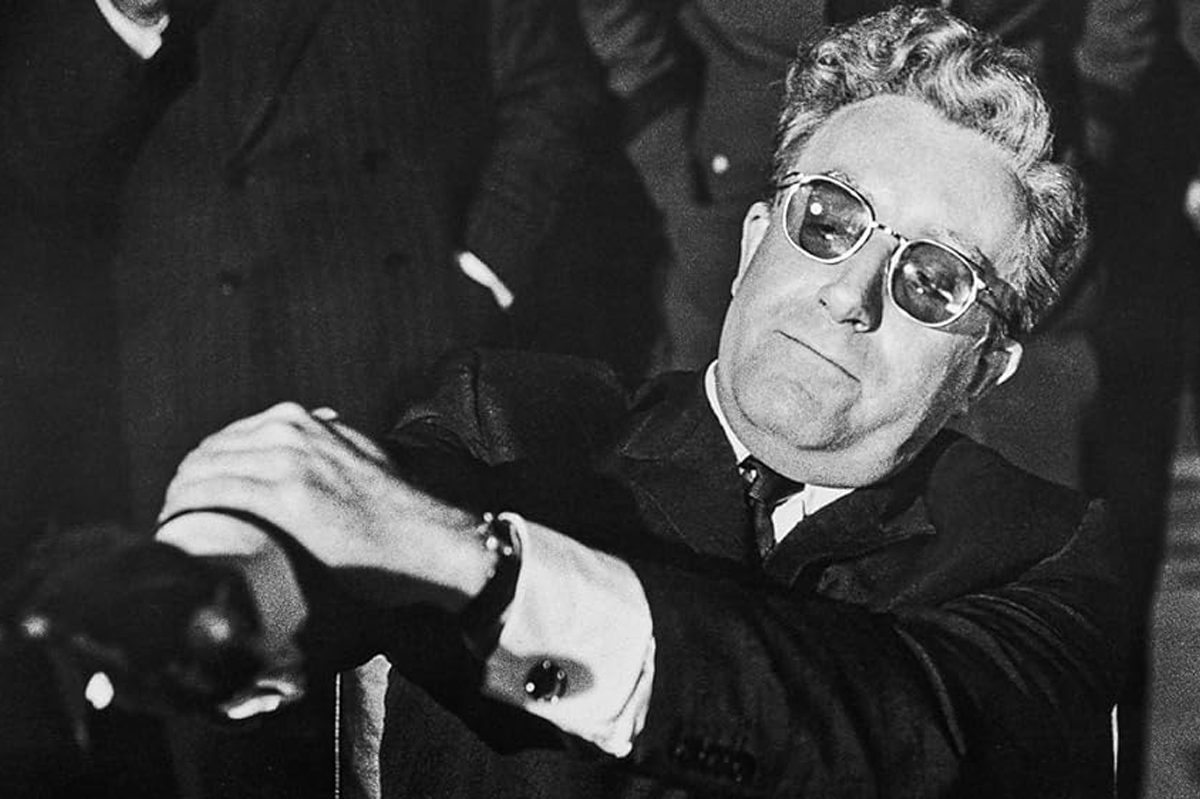
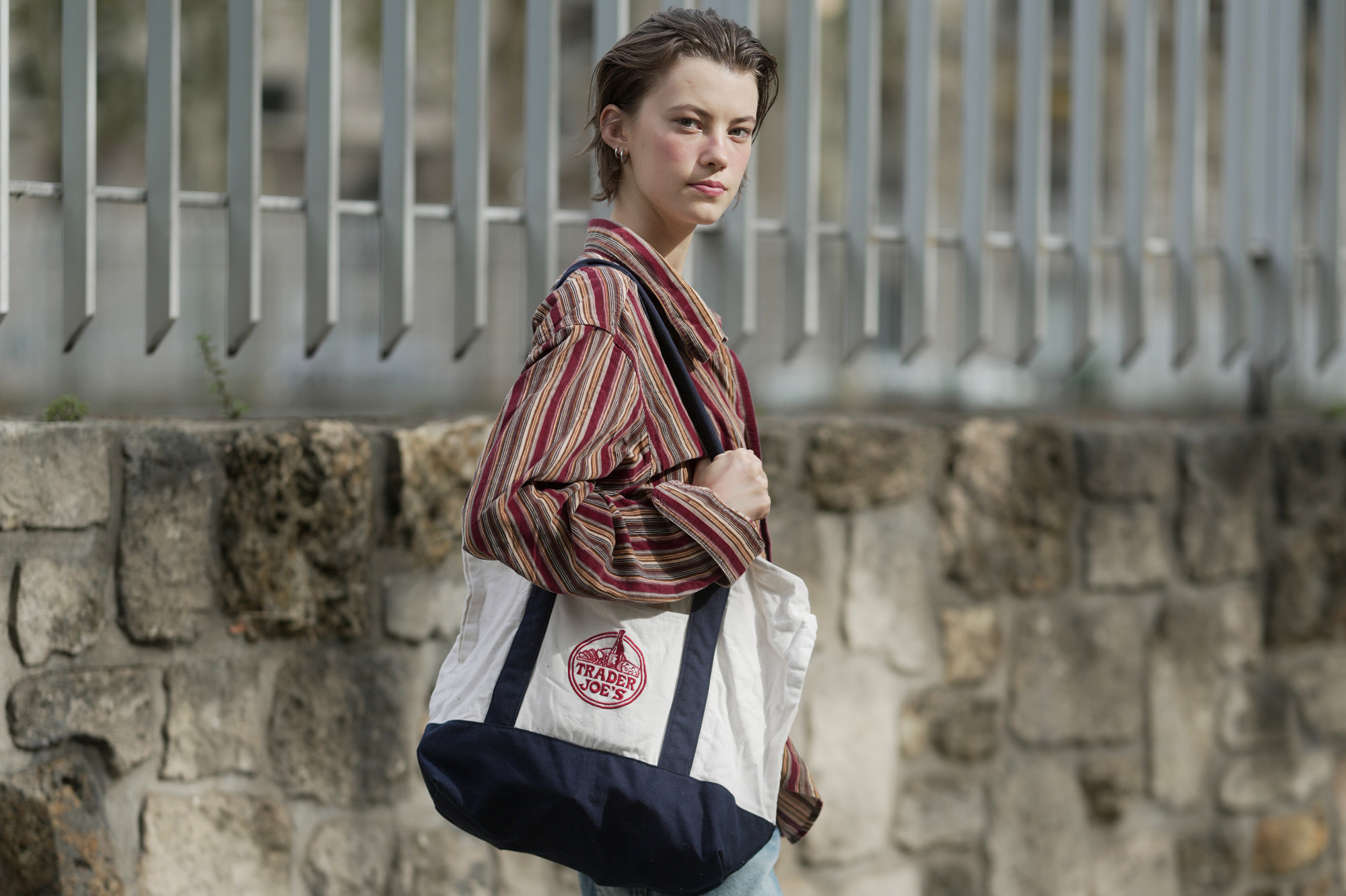
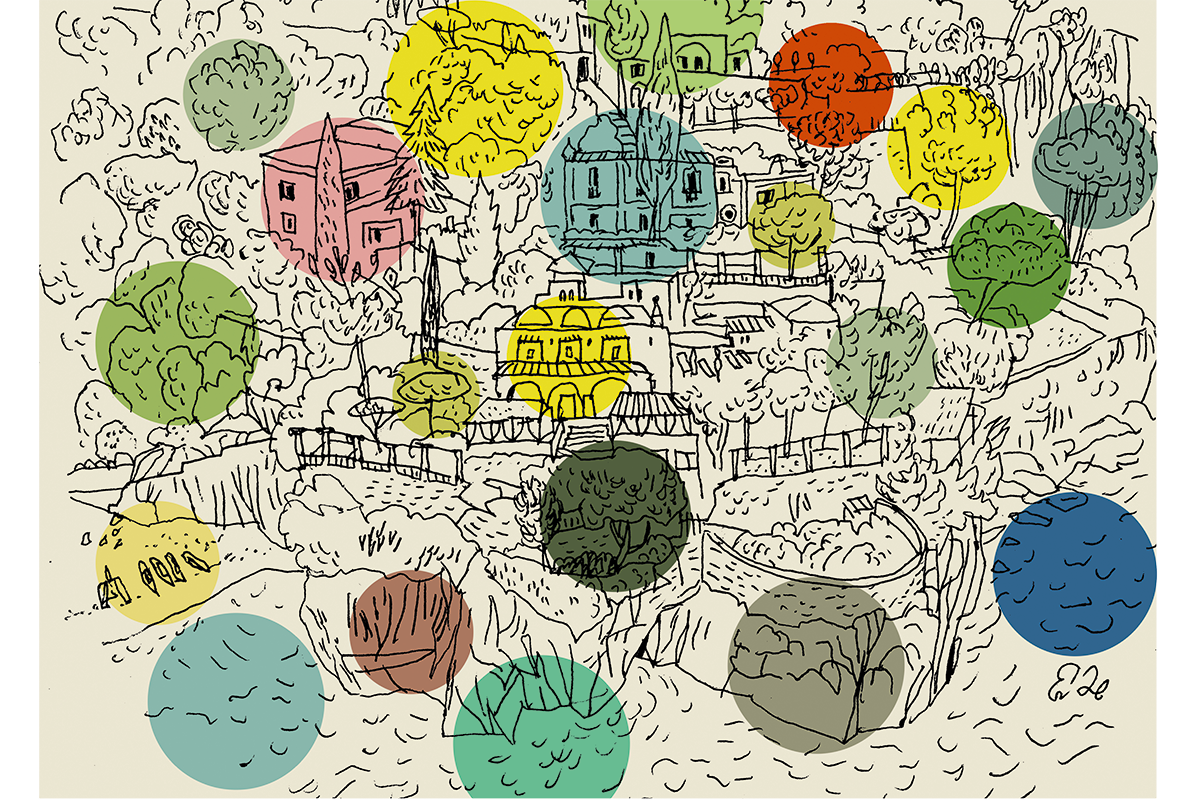









Leave a Reply